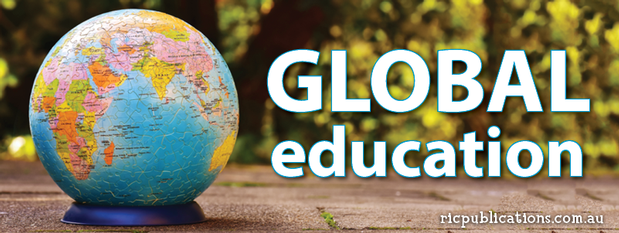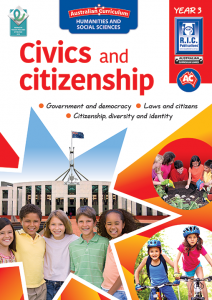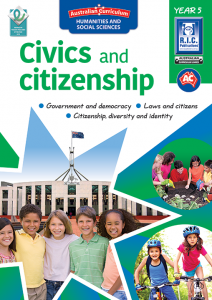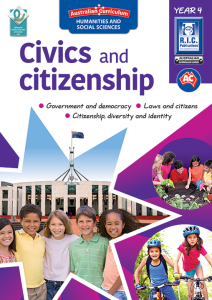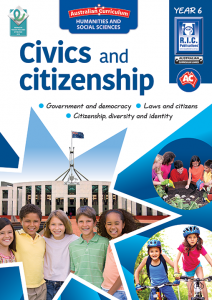- Tuesday 15 November 2016
- 0 Comments
Global education is an approach that focuses on bringing about social, cultural, environmental, political and economic change in our society. It is based on the universal values of tolerance, solidarity, equality, justice, inclusion, cooperation and non-violence. With international issues such as terrorism, refugees, political eruptions and racism becoming increasingly present in the media, it is imperative that educators allow time for teaching the knowledge and skills required to be active and informed global citizens.
Global education aims to develop global citizens through:
- the promotion of open-mindedness
- the willingness to take action for change
- respecting and valuing diversity
- being active in the development of a peaceful, just and sustainable world.
How does this relate to the Australian Curriculum?
The Humanities and Social Sciences (HASS) learning area, which now encompasses History, Geography, Civics and citizenship, and Economics and business, provides the content knowledge for each area of study, as well as a common set of inquiry skills. The inquiry skills are designed to develop students' ability to question, think critically, solve problems, communicate effectively, make decisions and adapt to change so that they can participate as active and informed global citizens in the 21st century.
Tips for teaching HASS to create active and informed citizens!
| 1. Incorporate contemporary news articles to engage students in real-life issues. |
|
|
| 2. Explore and discuss different government systems. |
|
|
| 3. Explore the need for a fair justice system. |
|
|
| 4. Encourage respect for diversity. |
|
|
| 5. Get involved in the community. |
|
|
For more information on Global education, go to <http://www.globaleducation.edu.au/>.
